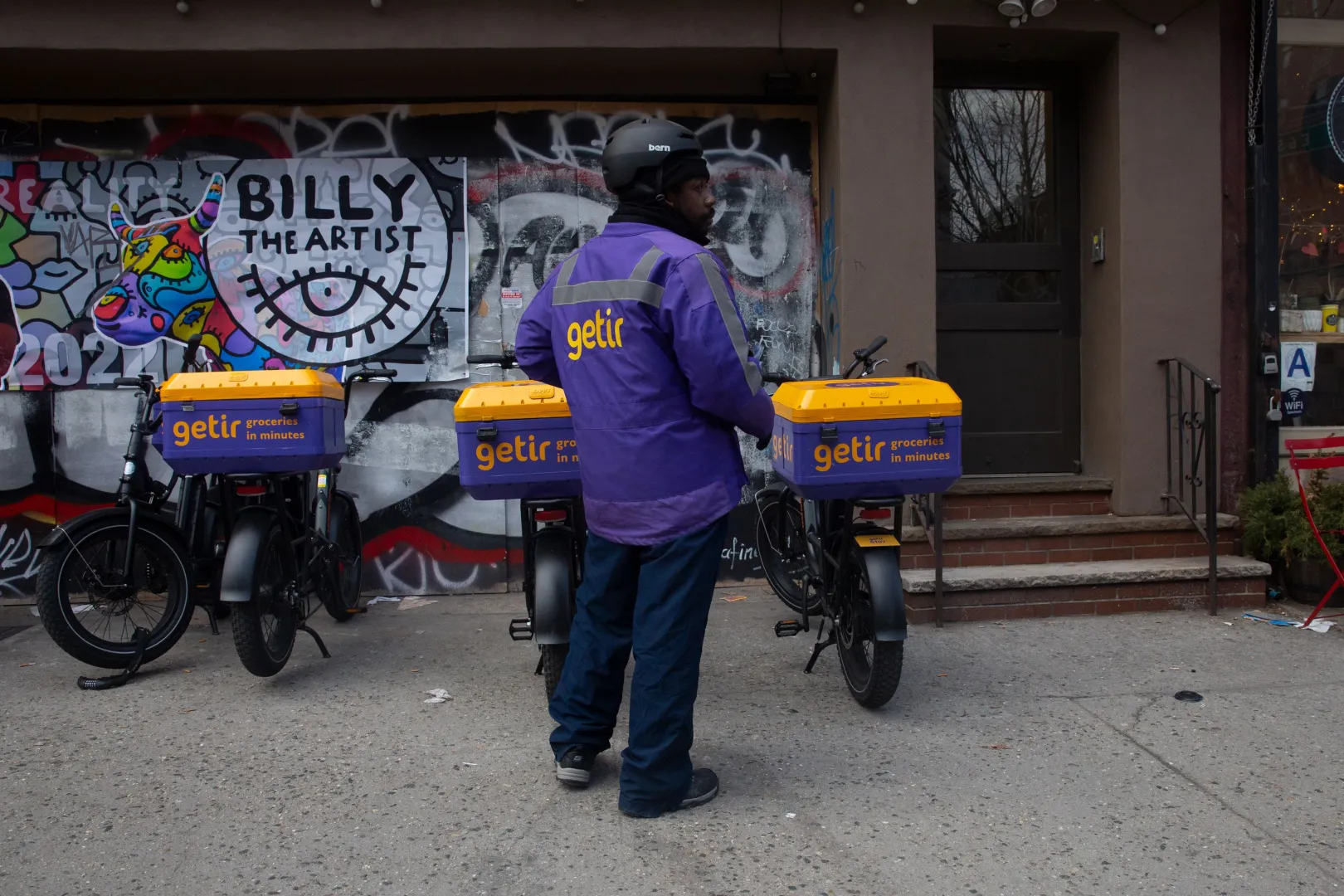Council members seek city oversight for fast-grocery services
New bills would require licenses and limits for Gorillas, Getir and other “dark store” delivery operations. A supermarket union helped shape the measures.

 This article was originally published on by THE CITY.
This article was originally published on by THE CITY.
City Council members on Thursday introduced a trio of bills that seek to regulate rapid grocery delivery apps such as Gorillas, Getir and Gopuff — and their storefronts known as “dark stores” — and promote delivery worker safety.
The measures, introduced by Council members Chris Marte (D-Manhattan) and Julie Menin (D-Manhattan) would grant the city Department of Consumer and Worker Protection (DCWP) the authority to license and issue violations to dark stores for misleading advertising or deceptive trade practices.

Brooklyn Boro
View MoreNew York City’s most populous borough, Brooklyn, is home to nearly 2.6 million residents. If Brooklyn were an independent city it would be the fourth largest city in the United States. While Brooklyn has become the epitome of ‘cool and hip’ in recent years, for those that were born here, raised families here and improved communities over the years, Brooklyn has never been ‘uncool’.